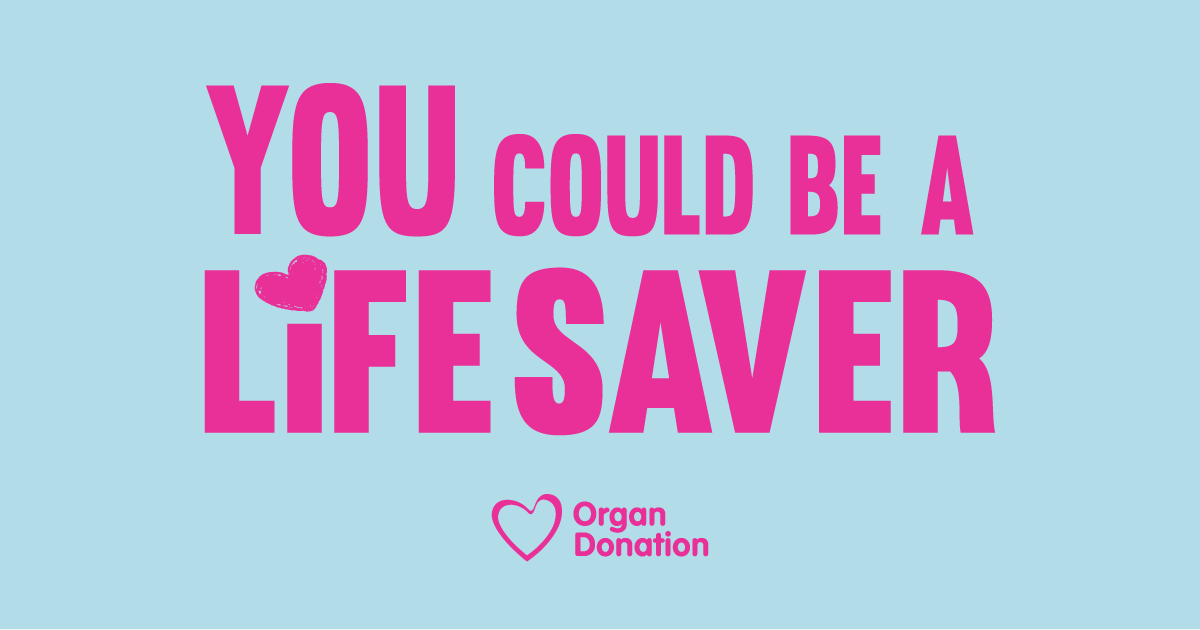Fancy doing something worthwhile today? Great.
Why not start with signing the NHS Organ Donor Register. It only takes a couple of minutes, but could save up to 9 lives.
There are around 140 people waiting for a transplant in Northern Ireland. Sadly, 10-15 of them die every year while on the waiting list. Even though more than one million people have already registered to donate, only a small number of them will ever be able to go on to be a donor.
That’s why registering more potential organ donors is so important. It’s also why the law around it recently changed in Northern Ireland.
On 1 June, we switched to an opt-out system. It’s now assumed everyone consents to organ donation, as long as they’re eligible and didn’t explicitly opt-out when they were alive. This should help save more lives in Northern Ireland.
However, the decision is a personal one, and you still have the freedom to choose.
Whatever you decide, it’s important to register your decision and tell your loved ones, even now that the law has changed, because your family will always be consulted.
Many potential transplant opportunities are missed because families don’t know what their deceased relative would have wanted. When they’re unsure, only 50% of families agree to donation. When they do know their loved ones’ decision, 90% agree to it. So, by letting them know your decision, you make things easier for them at a very difficult time.
If you want to be an organ donor, you can sign the NHS Organ Donation Register and tell your loved ones. This will make your wishes crystal clear and could give up to nine people the gift of life.
If you would prefer to opt-out, you can also register that decision on the NHS Organ Donor Register. It’s helpful to let family know this decision too. Faith and religious beliefs will always be respected.
You can find out more about organ donation, register your decision, and read lots of stories at www.organdonationni.info
Or, if you have any questions about the law change, you can phone 0300 123 23 23




